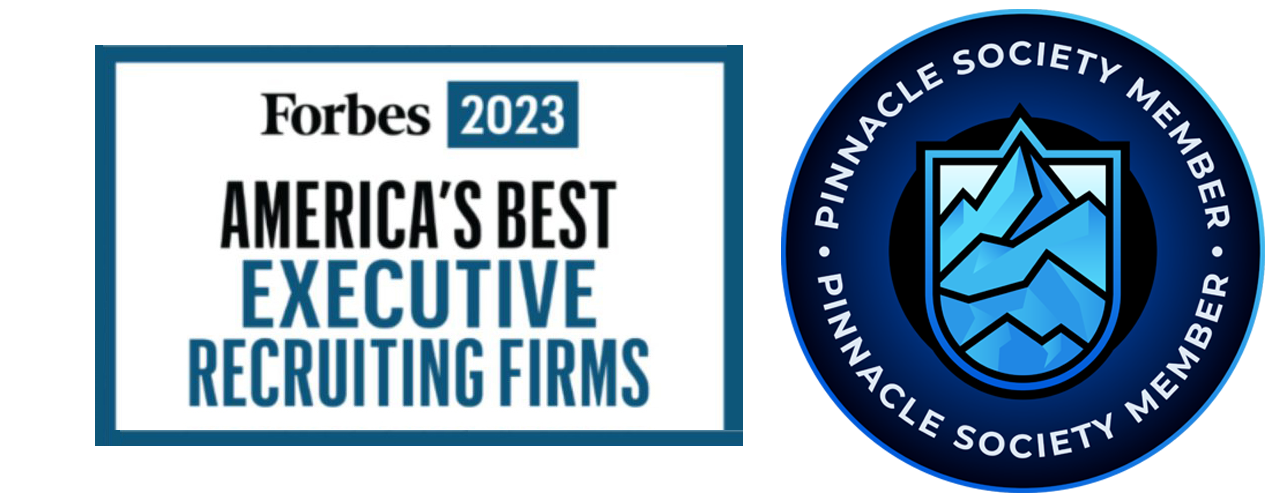With over 15 years of experience placing SAP Professionals with Fortune 500 clients, SME clients, and SAP Consulting Firms, I wanted to put together some of my best lessons learned regarding interview tips. Most importantly, I wanted to write about some things that can help differentiate you to get the interview, do well in the interview, and negotiate a great job offer. To that point, I’m going to skip over things that I’m assuming most professionals know like don’t chew gum, dress to impress, and don’t curse in the interview. I’m hoping you already know that!
- If you’ve decided that it may be time to make a move, take a strategic approach and build a detailed 30-60-90 day plan to land your dream job, not just one where you’re settling.
- Think about this seriously –are you someone that would take a counter offer if you got a financial raise, a title increase, or more responsibility when you go into resign? If this is you – I encourage you to go have that conversation with your leadership now rather than later and address your main motivators for change. This literally may be the best piece of advice in the entire article.
- Consider your best SAP Connectionsthat have moved to other companies. Contact them to talk about opportunities with their new company and also to learn what they’ve heard about in the market. By casting a wider net, you can learn about opportunities that aren’t posted to social media and may not even be released to search firms yet, etc.
- Interviewing and Job Searching is Sales. With that in mind, write a value proposition statement and a differentiation statement. Why and how are you unique, different and better than others that may be going after the same opportunity? Start by developing 3-5 mini stories about the job-related experiences you’re most proud of. This should be quantifiable as to the challenge or problem, what you specifically did and/or your team, and how that impacted the end-result for the company, department, project. Remember people hire people they like, that fit their culture, and that they have a sense of confidence about in terms of skills/experience related to their pain points or needs.
- Partner with 2-3 very good industry specific recruitersthat you know have tenure and demonstrated history placing SAP Professionals with great organizations. Use your intuition. Is this just a sales person, or someone that cares long term about relationships?
- Do you research prior to the interview. It still amazes me how many people don’t research the company and position prior to a 1st interview. A minimum requirement would be to read the job description and/or discuss in detail the opportunity with a recruiter prior to the hiring manager interview. At a minimum, visit the website and make sure you know as much as you can about the company, what they do (product, services, brands, etc) and check out recent press releases and/or financial statements.
- It’s ok to be different. For example, if you want to be noticed in 2016 when applying to a job, consider mailing a resume and cover letter to hiring manager (research the correct person on LinkedIN) in a 8×10 Envelope mailed to the main company address and Attn: to the hiring manager’s name & title. Sending a hand written thank you note after the interview is a lost art and sure to differentiate you from the rest. Also – try leaving a voice mail after you apply with the Dir/VP hiring manager at your target company. I’d suggest that less than 2% have the courage to do it….
- Target positions that you’re 85-95% qualified for and strive for 10-20% raise (if travel is similar). Stay away from positions that you’re overqualified for which will lead to an offer turn down or you’ll be under-employed. Why waste your time or theirs? It’s ok to stretch a little, but if a role is way outside of your reach, you’re chances are low.
- Stop Rambling. Let the interviewer lead the interview (assuming they are doing an effective job). Try your best to answer their questions and elaborate with specific examples, then wrap it up so they can go to the next question. Be detailed and elaborate where you have great expertise and don’t fake an answer that is outside of your comfort zone. You’ll likely find a great spot to work in your mini-stories from #4.
- Be Honestabout your strengths and weaknesses. Try ranking your configuration skills in core areas of SAP (example: AP, GL, AR, CCA, PCA, CO-PA) for a FI/CO position on a 1-10 scale for the interviewer. 10 being expert. It’s ok that you’re a 9 in some areas and a 5 or 6 in others. In SAP, it’s impossible to be an expert in everything. You want to make sure it’s a great fit and you’re set up for success. In my experience, those that act like a 10 in all areas rarely get the job – it just isn’t genuine.
- Your BONUS Tip –> How you close an interview is extremely important.Like sales, you have to ask for what you want. If your interest is high, I encourage you to close the interview like this (but in your own words), “Lynn, I’m highly interested in this opportunity. I feel like it’s a great cultural fit and my experiences seem to be a great fit for the needs of this position. Do you feel the same way or are there any concerns on your part? Then be quiet. If there is a concern, you get another chance to address those points. You’ve made sure they know you’re excited and highly interested. Then, ask what are the timing of the next steps. Basically, you’re closing the interview for a future action.
